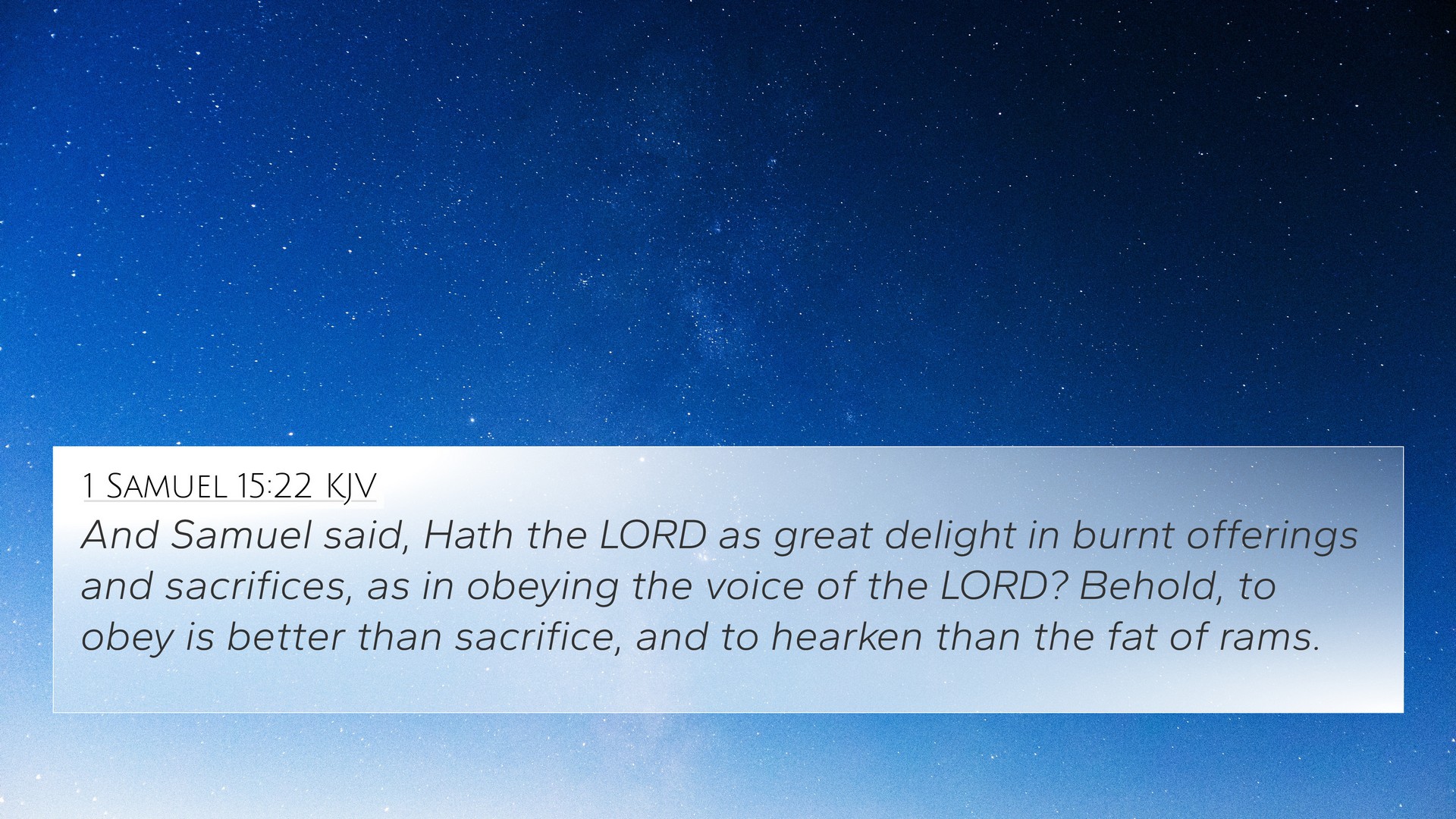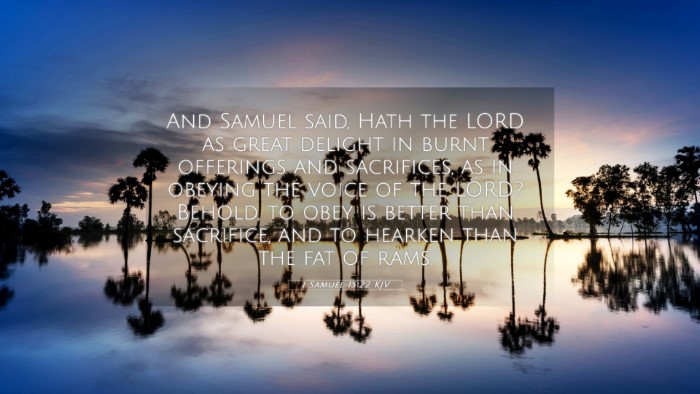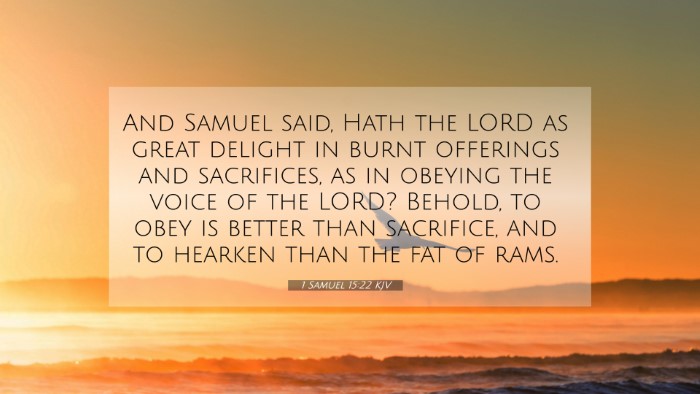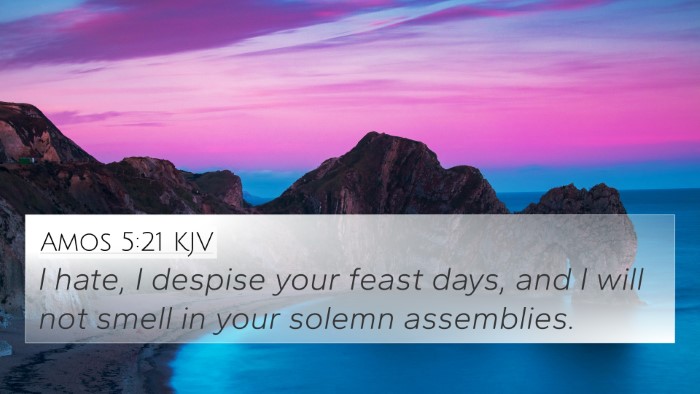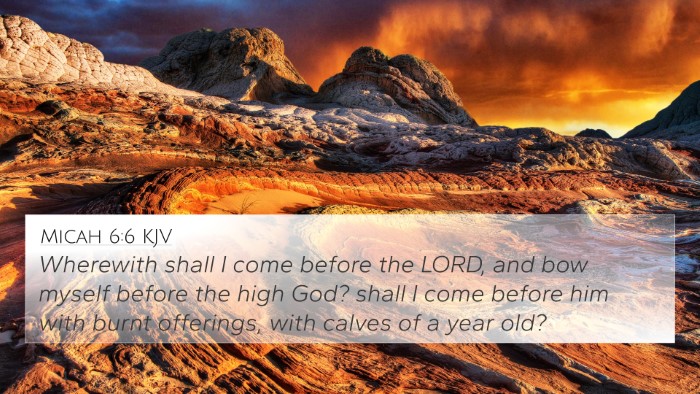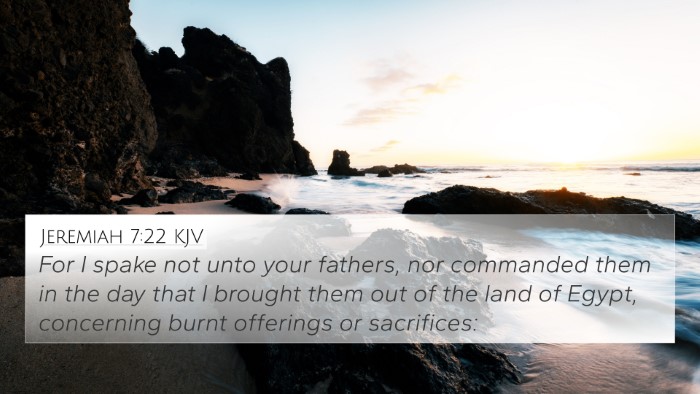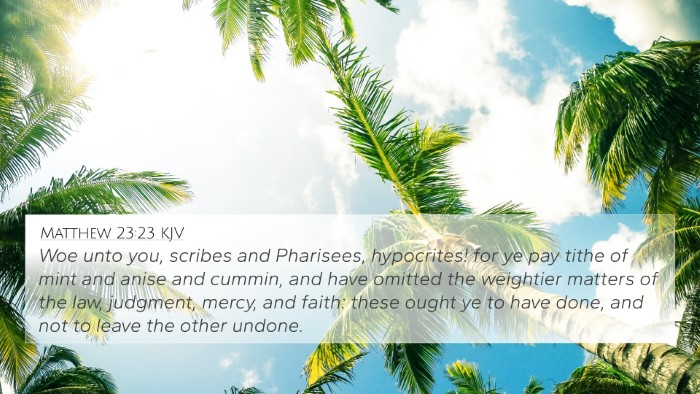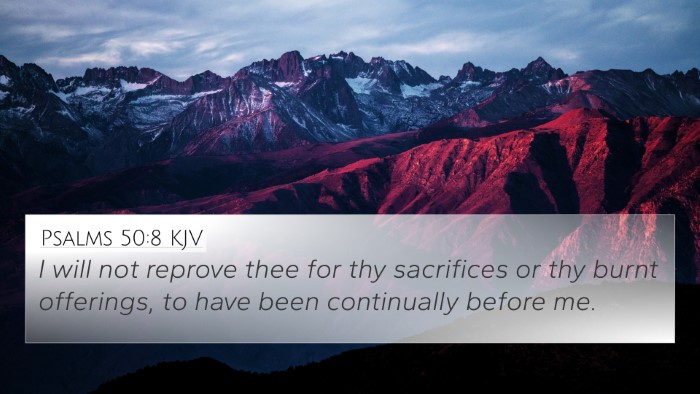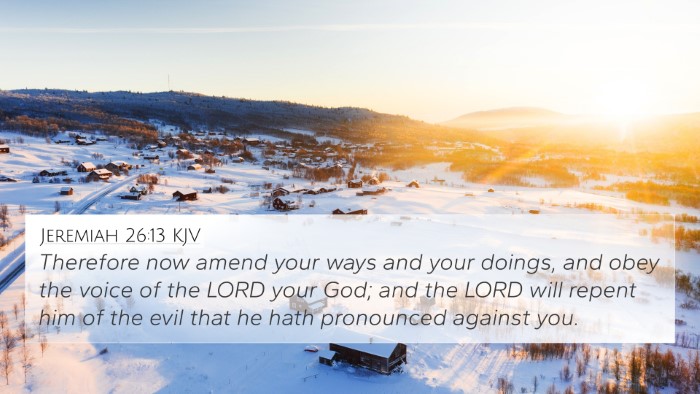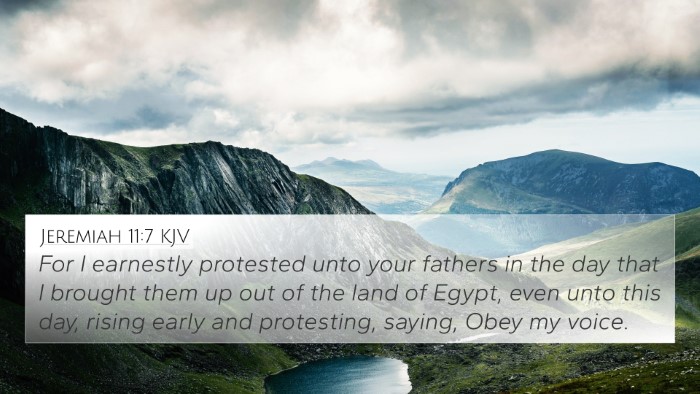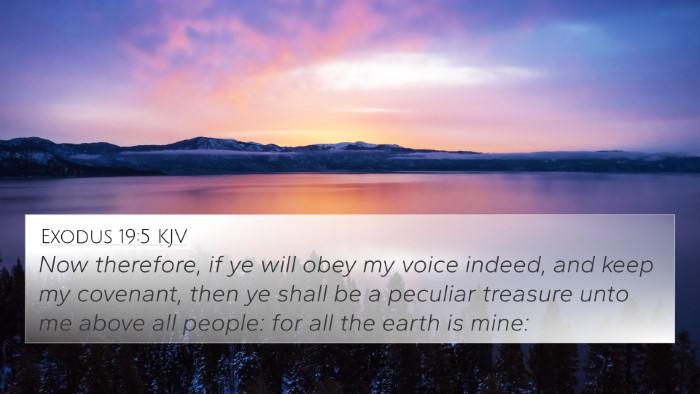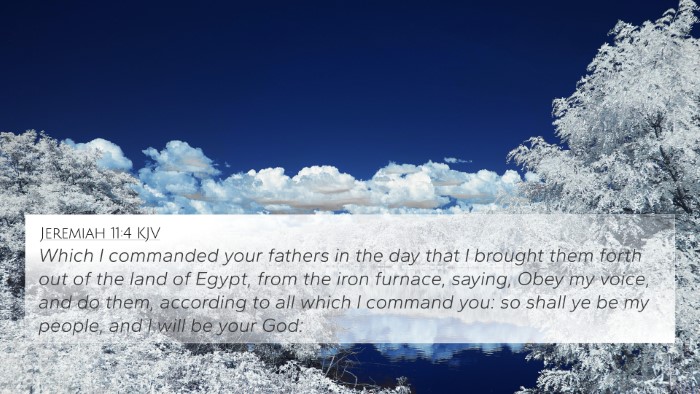Understanding 1 Samuel 15:22
Verse: "And Samuel said, Has the LORD as great delight in burnt offerings and sacrifices, as in obeying the voice of the LORD? Behold, to obey is better than sacrifice, and to hearken than the fat of rams." (1 Samuel 15:22)
Summary of the Verse
This verse highlights the critical importance of obedience to God over ritualistic practices. Samuel, the prophet, conveys God's message to Saul, explaining that God values obedience more highly than sacrifices. This teaching lays foundational principles regarding worship and devotion to God, underscoring that true worship comes from a heart attuned to God's will.
Context and Significance
The context of this verse is significant, as Saul's disobedience led to the rejection of his kingship. God commanded Saul to destroy the Amalekites and all their possessions, but Saul failed to comply fully, choosing instead to save the king and some livestock for sacrifice. This act represents a misunderstanding of divine requirements and the nature of true worship.
Insights from Public Domain Commentaries
- Matthew Henry: He emphasizes that God prefers the heart of obedience. While sacrifices were ingrained in the Israelite worship system, Henry remarks that they are of no value if not accompanied by genuine adherence to God’s commands.
- Albert Barnes: Barnes elaborates that rituals can often become a substitute for true devotion and obedience. The act of obedience is a direct expression of faith, suggesting that God desires not just acts of worship, but true fidelity to His word.
- Adam Clarke: Clarke notes that God’s delight is found in moral obedience rather than mere ceremonial observances. He underscores that the fat of animals, though often seen as valuable in sacrifices, pales in comparison to the weight of obedience to God’s divine instructions.
Cross-References for Deeper Understanding
To comprehend 1 Samuel 15:22 more thoroughly, here are some Bible verse cross-references that relate to the themes of obedience and sacrifice:
- Psalm 40:6–8: "In sacrifice and offering you have not delighted, but you have given me an open ear." This emphasizes that God seeks a willing heart over burnt offerings.
- Proverbs 21:3: "To do righteousness and justice is more acceptable to the LORD than sacrifice." This verse mirrors the notion that moral actions outweigh ritual practices.
- Isaiah 1:11–12: "What to me is the multitude of your sacrifices? ... Bring no more vain offerings." Here, God critiques empty rituals without genuine faith.
- Micah 6:6–8: "With what shall I come before the LORD, and bow myself before God on high? … He has told you, O man, what is good; and what does the LORD require of you but to do justice, and to love kindness, and to walk humbly with your God?"
- Luke 6:46: "Why do you call me ‘Lord, Lord,’ and not do what I tell you?" This calls for a close connection between declaring faith and walking in obedience.
- Romans 12:1: "I appeal to you therefore, brothers, by the mercies of God, to present your bodies as a living sacrifice, holy and acceptable to God, which is your spiritual worship." This highlights a shift towards obedience through living sacrifices of our lives.
- Hebrews 10:8-9: "When he said above, 'You have neither desired nor taken pleasure in sacrifices and offerings, and burnt offerings and sin offerings' … he does away with the first in order to establish the second."
Thematic Bible Verse Connections
The themes in 1 Samuel 15:22 relate to numerous other scriptural truths encompassing God's character and the expectation of His followers. These connections illustrate the deep inter-Biblical dialogue regarding the nature of true worship, which emphasizes obedience over ritual:
- Heart of Worship: John 4:23-24 - "The hour is coming, and is now here, when the true worshipers will worship the Father in spirit and truth." This New Testament reflection reinforces the essential quality of heart in worship.
- Obedience over Ritual: Matthew 9:13 - "Go and learn what this means: 'I desire mercy, and not sacrifice.'" Jesus accentuates the essence of compassionate living over mere compliance with religious laws.
- Faith Manifested in Actions: James 2:17 - "So also faith by itself, if it does not have works, is dead." This echoes the sentiment of genuine worship as demonstrated through obedience and thoughtful action.
- Divine Primacy of Peace: Romans 14:17 - "For the kingdom of God is not a matter of eating and drinking but of righteousness and peace and joy in the Holy Spirit." This aligns the divine priorities away from ceremonial elements toward moral and spiritual integrity.
Conclusion
Through this analysis of 1 Samuel 15:22, the intertwined themes of obedience and sacrifice are revealed, demonstrating a vital aspect of the relationship between God and His people. By understanding these connections, believers are encouraged to evaluate their own worship practices—prioritizing heartfelt obedience to God's commands over mere ceremonial offerings.
Tools for Bible cross-referencing such as Bible concordances and cross-reference guides are invaluable for further exploration of these inter-Biblical dialogues and thematic connections.
